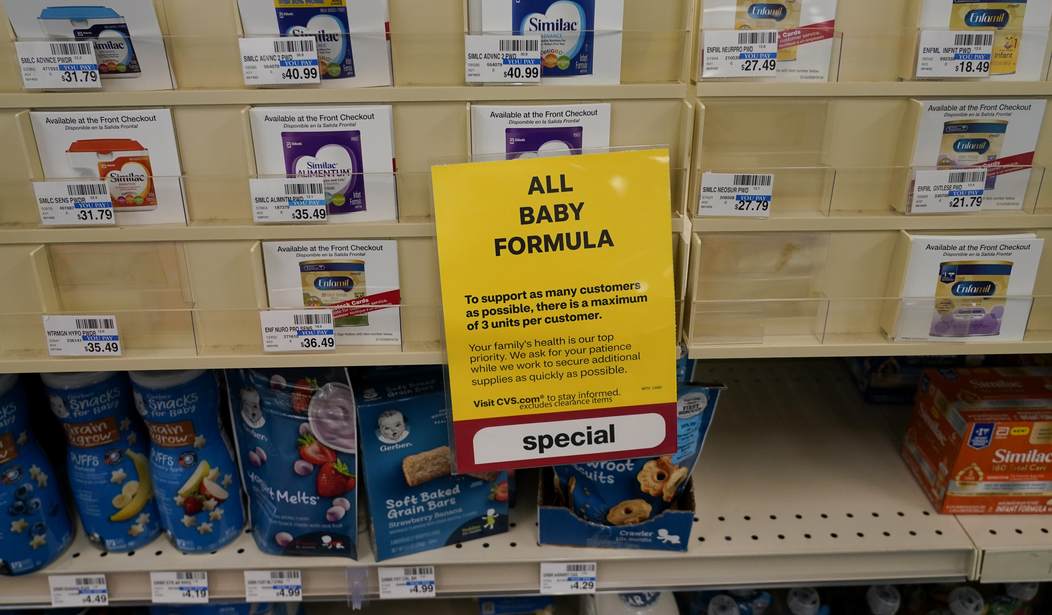Despite manufacturers’ efforts to ramp up production and the Biden administration’s Operation Fly Formula, the baby formula shortage has worsened.
The crisis began from pandemic-related supply chain issues and then worsened after the closure of Abbott Nutrition’s plant in Sturgis, Michigan, after consumer complaints of bacterial infection in infants who consumed products from the facility. Abbott initiated a recall as an investigation was underway. While Cronobacter was found in a part of the facility, Abbott denies finding the bacteria in its finished products.
The plant then re-opened in June, only to shutter again less than two weeks later after storms flooded the facility. It opened once again earlier this month but will initially focus on production of EleCare, a hypoallergenic, amino acid-based formula.
In the meantime, Abbott has imported formula from its facilities abroad, while the Biden administration has flown in formula from Europe and elsewhere on nearly 50 flights, bringing enough formula for more than 55 million 8-ounce bottles to the U.S. While the figure sounds impressive, it amounts to less than a week of U.S. consumption.
Availability of powdered formula products in U.S. stores earlier this month dropped to the lowest level so far this year, with about 30% of products out of stock for the week ended July 3, according to the market-research firm IRI. While availability improved slightly last week, out-of-stock levels remain higher than in recent months, and shortages remain acute in states including Alaska, Utah and Wyoming, IRI data showed.
At the same time, consumers are finding fewer choices of brands, sizes or formats of formula on grocery-store shelves as the variety of available products shrinks. U.S. supermarkets over the four weeks ended June 26 sold an average of 11 different formula products per store weekly, according to IRI, compared with a weekly average of 24 from 2018 to 2021. (WSJ)
According to a White House official, supplies should begin to increase in the coming weeks.
Recommended
A senior Biden administration official said imported formula has served as a critical bridge for consumers until increased U.S. production is expected to begin hitting shelves this month. The administration in May invoked the Defense Production Act to require suppliers to give priority to ingredient shipments to formula makers, which the official said was enabling U.S.-based manufacturers to boost production by as much as 40%.
The official said consumers would likely start to see greater formula supplies hitting the market this month, with retailers already rebuilding inventories following recent surges in demand during which families stocked their pantries. (WSJ)
For now, though, caregivers are continuing to scour store shelves, traveling far and wide in search of baby formula.

























